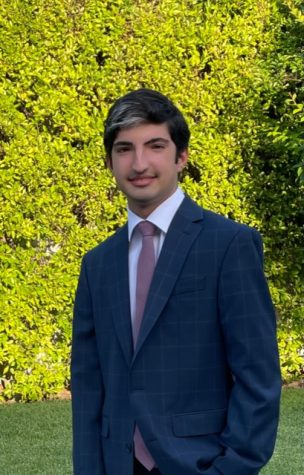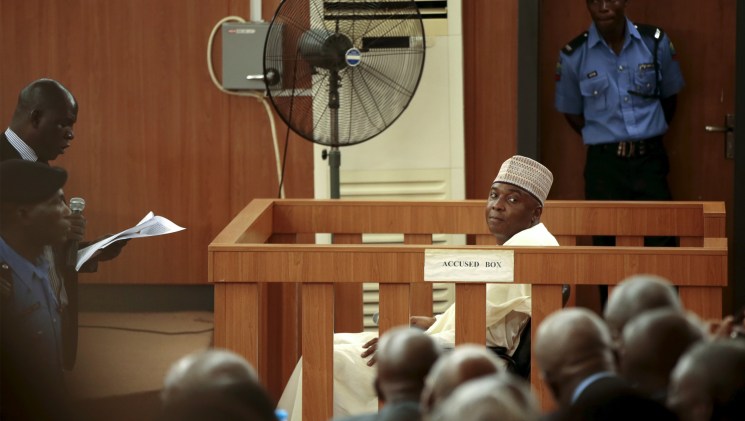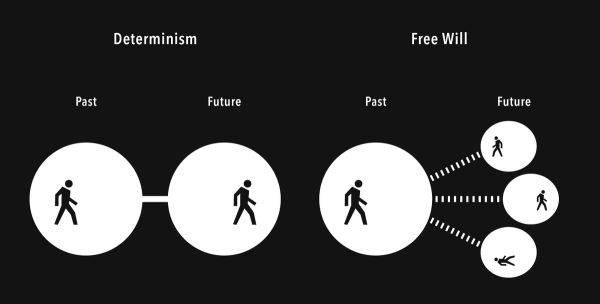Corruption in Africa: The Problem and Solution
Photo courtesy REUTERS
Picture credit to Brookings Institution 2019.
Today, we are constantly fed news from Europe and the Americas, but Africa, host to sixteen percent of the world’s population, is rarely mentioned. With over one billion people and a plethora of natural resources, Africa should be a powerhouse in the global economy, yet it has always been at the bottom of the charts. The issues involving Africa and its struggling economy are quite intriguing to me as I have a strong family connection with the continent. Three generations on my mother’s side of the family have grown up in Africa, including my mother, and my paternal great-grandparents were missionaries in Zaire, or what is now the Democratic Republic of Congo. Three core issues pervade on the continent: corruption, overpopulation, and the lack of technological education. In this article I will discuss corruption in African countries and how a transparent government may be the solution.
Corruption is one of bigger problems in African countries and it all starts with businesses. In most cases, private businesses meddling with and bribing the government causes corruption. Africa is very rich in resources, which are controlled by the government, so these businesses bribe their local and federal leaders. This allows them to be favored by the government when getting permits for mining or farming land. Businesses could also be granted a monopoly of imported goods as a result of bribery. Tax exemptions are also worth considering when looking at corrupt governments with very informal economies. Countries with disorganised and informal economies, such as Niger and Burkina Faso, accept money from businesses hoping to avoid paying taxes. A greedy leader is likely to favor a business that is paying them off when giving a tax deduction.
Another major issue that occurs with corrupt governments is limited access to necessities. According to Transparency International, an organization that tracks African government statistics and conducts surveys, seven out of ten people in Liberia have to bribe the government in order to get the most basic needs, such as getting an appointment from the doctor’s office. Coralie Pring from Transparency International says that “more than a quarter of people told us that they needed to bribe…to avoid a problem like passing a checkpoint or avoid a fine or arrest.” Government officials get wealthier as the general population gets poorer.
Solving this problem of corruption is no easy feat. Tackling the issue has to be done by the country itself because any sustainable solution has to be agreed upon and supported by the citizens. In my opinion, transparency is the best solution to corruption. In a transparent, or open, government, all transactions would be accounted for, erasing the ability for officials to embezzle taxes or other funds. In addition, citizens would have the right to access government documents. Transparency can only be achieved by the country’s citizens. Empowering African citizens to stand up to their leaders is a very important task when trying to resolve problems like corruption, since they often feel that they don’t have a voice or power in their country.
In conclusion, one of the biggest problems holding Africa back is corruption, and African governments should pursue this idea of an open government. If government transactions were accounted for, countries would have a stable, functioning economy, therefore regressing large income gaps. Tackling corruption would be a substantial step in leading Africa back into the global economic conversation.

Grade: 12
Years on Staff: 5
Why are you writing for The Flintridge Press? I am passionate about journalism and enjoy bringing stories of the...







